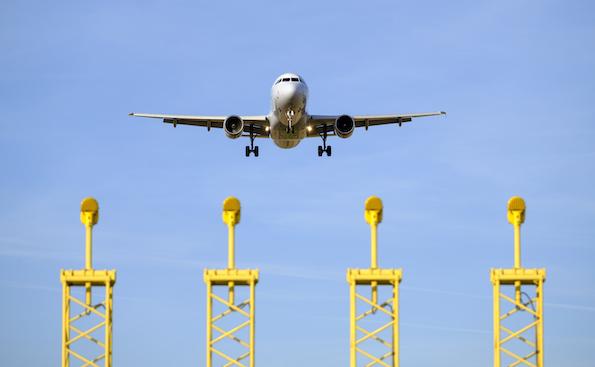
Commercial air travel numbers are not expected to return to 2019 levels until 2024 as the outlook for the pace of recovery becomes more pessimistic.
IATA, which earlier this year forecast that airline revenue-passenger-kilometers (RPKs) would be restored to 2019 levels in 2023, has pushed that expectation out by a year. It also sees RPKs for the second half of 2020 being down 63% versus the 55% predicted earlier.
IATA chief economist Brian Pearce, briefing media July 28, said global RPKs in June were down by 86.5% versus June 2019. While that was better than the April low point, when RPKs were down by 94.1%, it was a much weaker improvement than anticipated. Upturns were almost entirely based on domestic markets—chiefly in China and the U.S.—and load factors remained at all-time lows, averaging 62.8% in domestic markets and just 38.9% on international routes.
The main reason for slow improvement, Pearce said, was the restrictive border controls that continue to crop up, worldwide, at short notice, such as the UK’s announcement this week imposing a 14-day quarantine rule on travelers from Spain.
“This creates uncertainty in the minds of the public,” Pearce said. Consumer confidence is low, which is also affecting the U.S. domestic market recovery as COVID-19 cases continue to spike there.
Business confidence is higher, but it is not translating to an increase in business flying. “We are seeing a behavioral change in business travel,” Pearce said. Corporations are imposing severe restrictions on when and where people fly, which will have “some big consequences for the industry, at least in the short-term and especially in long-haul markets.”
Until a vaccine becomes available, coronavirus testing is seen as the quickest way to restore confidence in air travel, but it needs to be reliable, scaleable, comfortable and fast. IATA CEO and director general Alexandre de Juniac said July 28 that such testing criteria might become available in “a few weeks or months.”
Meanwhile, airlines that had begun ramping up schedules in hopes of greater air travel demand are faced with slower bookings, higher costs related to increased hygiene processes and low load factors. That is raising airline break-evens and will likely lead to some schedule restorations being canceled.
“Airlines are still burning a lot of cash,” Pearce said.





